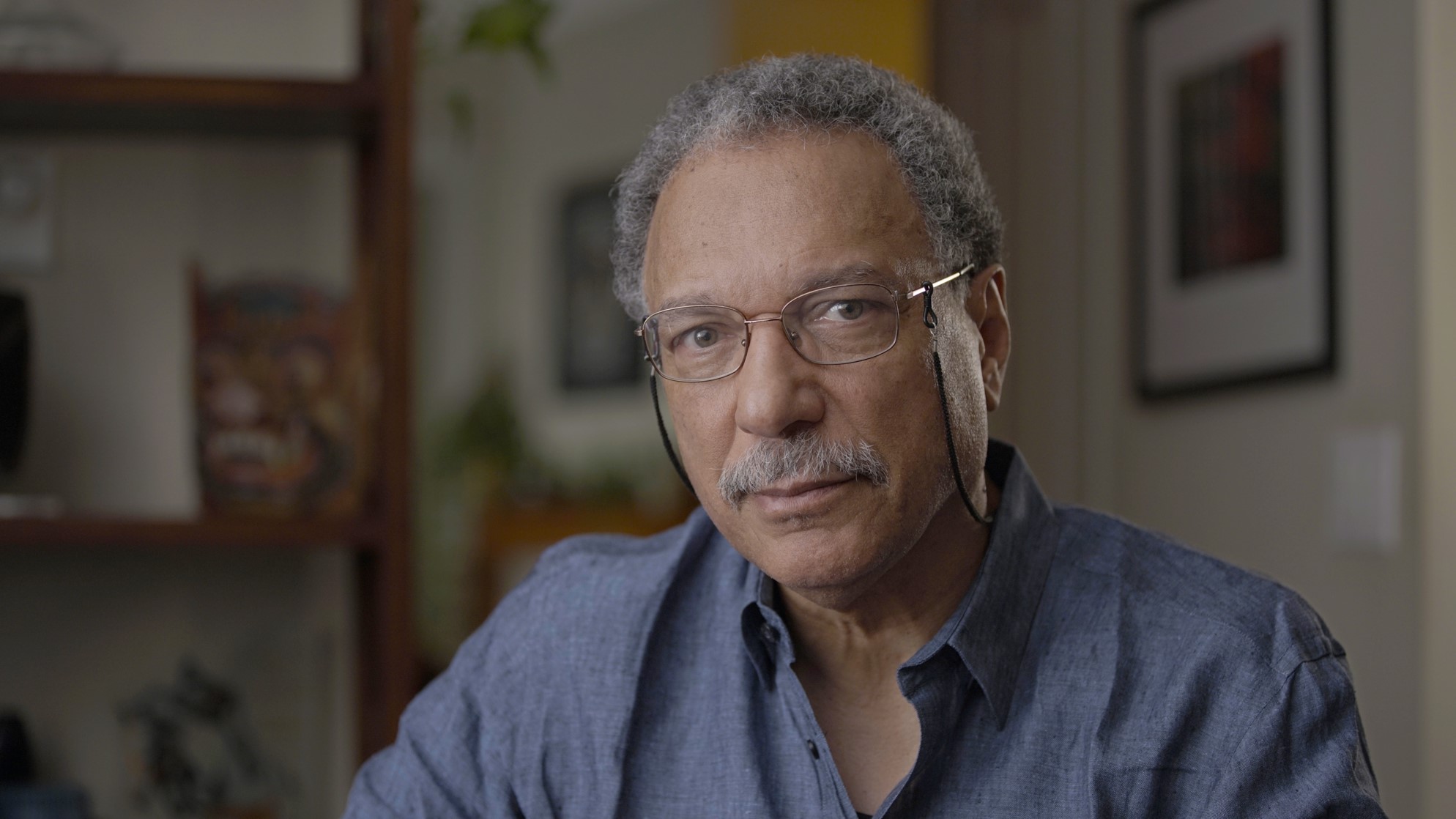Why Water-Breathers Such As Fish are Sensitive to Ocean Warming and Deoxygenation

Dr. Pauly has made extensive contributions to the research and understanding of fisheries worldwide and the impacts humans have on them. Some of his most important contributions are the development of a global fish information system called Fish Base and the creation of the ecological model EcoPath. Anyone interested in fisheries assessment and management, fisheries ecology, marine ecology, and ecological modelling should hear more about Dr. Pauly's research.
— Liliana Sierra Castillo, Bren School PhD Student
Abstract
The major effects of global warming on marine fish and invertebrates are well established; they consist predominantly of poleward extension of their distributions, migration toward deeper water, reduced adult sizes, and changes in reproductive phenology.
I will show that the extreme sensibility of fish and other water-breathing ectotherms (WBE) is attributable to the fact that dissolved oxygen, of which there is far less in water than air, must get past gills (or other respiratory organs) that can grow only as a surface. In contrast, the oxygen requirement of WBE grows as a function of their volume and increases sharply with temperature. The Gill-Oxygen Limitation Theory (GOLT) will explain this and many other aspects of the biology of WBE.
Bio
Dr. Daniel Pauly, who is both French and Canadian, studied fisheries science in Germany and spent much of his career in the tropics, notably in Philippines. Since 1994, he is a Professor of Fisheries at the University of British Columbia, Vancouver Canada, where he directs the Sea Around Us. This research project, funded by a variety of foundations, is devoted to studying, documenting and mitigating the impact of fisheries on the world’s marine ecosystems. The concepts, methods and software Daniel Pauly (co-)developed are documented in over 1000 widely-cited publications, and have led to his receiving multiple scientific awards.